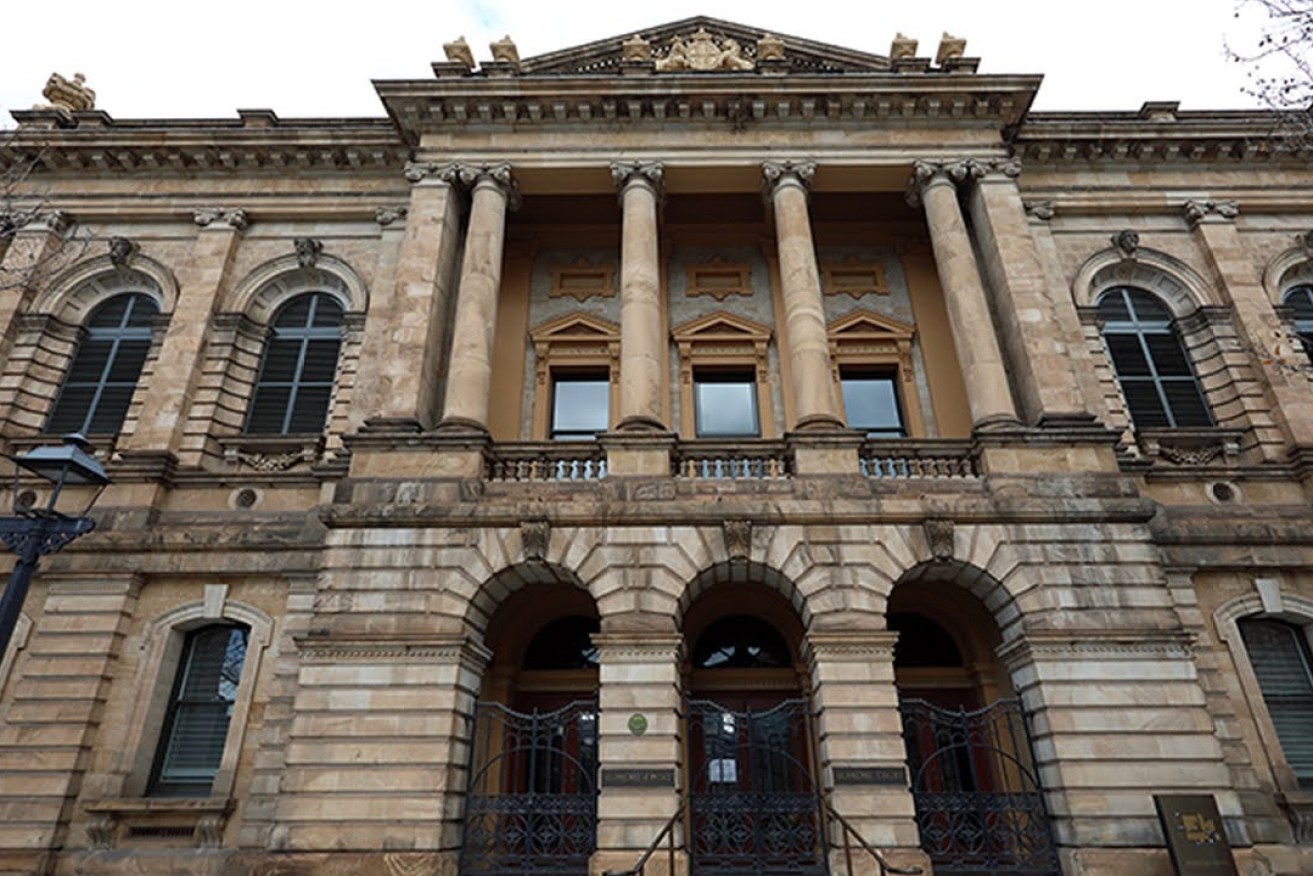‘Justice denied’ as Aboriginal people left without translators in court
Hundreds of First Nations people without English as a first language faced South Australian courts last year without interpreters, while $2 million set aside for a new interpreter service four years ago remains unspent.

Photo: InDaily
According to the latest Productivity Commission data, Aboriginal people are the most likely group in South Australia to request a translator in the criminal courts, with 1091 requests for Pitjantjatjara or other First Nations language interpreters made last financial year.
But about one quarter of those requests went unanswered, leaving approximately 275 Aboriginal victims, witnesses and alleged offenders who did not speak English as their first language without a translator during court proceedings.
The data shows Aboriginal people were the second most likely group to be denied translators in courtrooms, behind French speakers.
Greek, Albanian and Kurdish Sorani speakers had a 100 per cent guarantee of receiving a translator when requested.
The data has prompted the Opposition’s Aboriginal affairs spokesperson and Shadow Attorney-General Kyam Maher to accuse the State Government of denying justice to Aboriginal people, who are vastly overrepresented in South Australia’s criminal justice system.
Last financial year, about a quarter of South Australian prisoners were Aboriginal, despite First Nations people representing just two per cent of the state’s total population.
“Hundreds of Aboriginal witnesses, victims and defendants have been let down,” Maher said.
“The figures are an indictment of, and reflect the systemic issues faced by Aboriginal people in, the justice system.”

Shadow Aboriginal Affairs Minister Kyam Maher. Photo: Tony Lewis/InDaily
Maher said if the courts are unable to provide an interpreter when requested, often hearings are delayed, meaning Aboriginal people remain remanded in custody through “no fault of their own”.
He said proceedings could also take place “with someone involved in them not understanding properly what’s happening”.
“Many Aboriginal people, particularly from the APY Lands, have English as a third or fourth language and a lack of understanding of the proceedings that are going around can be of great detriment to someone, particularly someone who is facing serious charges,” he said.
“No interpreters mean that people may not understand or be understood in court – or that cases are delayed.
“Justice delayed is justice denied.”
InDaily contacted Attorney-General Vickie Chapman’s office for comment, but a spokesperson redirected the request to the Department of the Premier and Cabinet.
The Department subsequently redirected InDaily to the Courts Administration Authority (CAA).
In a statement, Chief Justice Chris Kourakis said the authority does not train or employ interpreters, but it books interpreters through independent agencies.
“The CAA has long been concerned about the difficulties faced in securing interpreters in Aboriginal languages,” he said.
“Substantial government investment is necessary to build a pool of interpreters who are available when called upon.
“Justice can only be done if all participants understand the proceedings in which they are engaged.”
It comes after the Weatherill Labor Government set aside $553,000 each year over four years in the 2017-18 State Budget to establish a new “Aboriginal Interpreter Service”.
The service, according to Maher, was intended to boost the number of Aboriginal interpreters in Adelaide and Port Augusta who work in the criminal courts and other government agencies.
But the Marshall Liberal Government is yet to launch the service, despite the money already being set aside.
The service is currently listed as being “at risk” in the Government’s Aboriginal Affairs Action Plan 2019-20, with the Government citing “COVID-19 related delays” for the delay in launching the service.
A state government spokesperson told InDaily: “The implementation of a state government Aboriginal Interpreter service was delayed in 2020 largely due to restrictions associated with the COVID-19 pandemic, which limited the ability to consult with key Aboriginal and other stakeholders.”
But Maher said many people in the Aboriginal community would not accept that COVID-19 had delayed the launch of a service that was already funded.
“Two million dollars has been here since the 2017 Budget,” he said.
“I think it’s a complete cop-out to blame COVID-19 for two years of inaction on this and then saying ‘we did nothing for two years, but COVID-19 has delayed it’.
“I just don’t think that’s acceptable.”
The government spokesperson said increasing the number of suitably trained Aboriginal interpreters was a “high priority” for the new Aboriginal Interpreter Service.
“The new service will operate from the Government’s Interpreting and Translating Centre in the Department of Human Services, and is expected to be operational in the second half of 2021,” the spokesperson said.
InDaily contacted the Aboriginal Legal Rights Movement for comment.
According to the Productivity Commission, there is a growing need to provide access to interpreters in courtrooms to accommodate the linguistic diversity of people coming before the courts, particularly for Aboriginal and Torres Strait Islander people.




